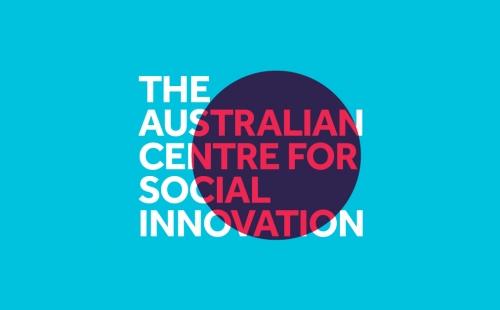
https://www.tacsi.org.au/journal/why-systemic-change-requires-a-differen...
Through our Future of Home initiative, we’ve launched a Systemic Impact Network in Home and Housing that’s currently being trialled in South Australia.
Why this network, and why now
The intent of the Systemic Impact Network is to bring together different people from across the housing system to align their influence, resources, capital, know-how and passion to create better outcomes at scale.
There’s strong commitment from 22 leaders from across South Australia’s home and housing sector, including multiple Government departments, private developers, NGOs in community housing and aged care, organisations addressing homelessness, philanthropy, architects and academics.
What sets this network apart
Too often leaders report the inefficiencies and lack of effectiveness in collaborations and round table efforts. That’s why, over the past three years, we’ve developed and trialled a new and strategic approach to “networks”.
The working hypothesis is that by connecting and aligning people (across a system) towards a shared goal, the group will take bolder actions toward reform. Key to its success is careful curation, the development of behaviours and mindsets, the building of trust to have tough conversations, and the ability to build the network’s identity and legitimacy.
This diagram illustrates some of the differences between general networking approaches and a systemic network approach. We’re currently using this approach across a number of initiatives.
TRADITIONAL NETWORK vs Network for Systemic Impact
What’s different
Traditional Network
Narrow Focus
on special interest groups, organisational interests, effective & efficient institutions

Network for Systemic Impact
Systems Focus
on better outcomes for people, going ‘beyond brand’

Traditional Network
Ego Mindsets
that promote self-interest, superficial listening, oppositional conflict, power dynamics & passivity

Network for Systemic Impact
Eco Mindsets
that promote shared interest, deep listening, generative conflict, equity & action

Traditional Network
Rigid Structure
that dictates process, hierarchical or power based decision-making and actions

Network for Systemic Impact
Flexible Structure
that defines principles and intention and builds trust and mechanisms for working together

Traditional Network
Reflective Methods
rooted in making decisions based on what’s been done in the past

Network for Systemic Impact
Active Methods
that learn from the emerging future by taking action, learning by doing, pivoting and iterating

Traditional Network
Collective Action
where everyone takes the same action & does the same thing(s)

Network for Systemic Impact
Aligned Independent Action
adapts actions for needs and contexts testing a diversity of different, aligned actions











Add new comment